
Transcription
Patrick Rathsack T-45624
Student #02399421
Humanities C 110/CRN #92567
The Pilgrims Progress
The Pilgrims Progress is a piece of literature from the 17th century. It was written by John Bunyan. He wrote it while he was imprisoned for preaching the gospel. The author was under-educated; but, he did attend elementary school. He was an avid reader which may help explain his ability to produce such a work of art. The lack of a formal instruction lends to the magnitude of his accomplishment. He produced a manuscript that continues to be widely read in the 21st century. His book will be the subject of this critique.
Learning something of the language, culture, and history of the region at the time of the author's creation will give the partaker a perception that intensifies this experience. Any understanding of John Bunyan's work will be incomplete without careful consideration. The context of the century and country the author worked in is vital to grasp the full implications of this book. The Pilgrims Progress is a piece of literature that needs a thoughtful interpretation in order to grasp its subtleties.
The story is written in Middle English. Some words had different meanings in that era; other ones are no longer in use. The vocabulary is often a stumbling point for the modern day reader. The English language went through such a profound change at the time John Bunyan sat down to write. A good dictionary that covers definitions of the 1600's is very helpful when interpreting this book. A careful look into the etymology of much of the manuscript reveals greater depth and significance of this allegory.
The author's culture was going through changes. England experienced many spiritual and political upheavals during his life time. Battles over religion and the power of the monarchy were influential in the writer's life. John Bunyan was part of the great Reformation that swept through parts of Europe and The British Isle. People were being jailed, tortured, and killed for their...
pg. 1
Patrick Rathsack T-45624
Student #02399421
Humanities C 110/CRN #92567
...beliefs. In all this time of discontent John Bunyan led the charge to bring the gospel of Jesus Christ to his fellow citizens. The story in The Pilgrims Progress is one way that this man tried to affect his world for the good.
The history of the region is closely tied to the culture. England's king, Charles II brought an end to the non-conformists freedom to worship as they wanted in 1660. They were a group that rejected the official Church of England. They preached and taught doctrine that was contrary to that of their leaders. The result was that the whole environment in which they lived went through a state of flux. John Bunyan was in the midst of this struggle in his country and it greatly affected his writing. The Pilgrims Progress is the result of the events in the author's life as they played out in history.
The Pilgrims Progress is an allegory. It uses the description of a dream to illustrate the life and struggles of a truly saved individual. John Bunyan cleverly uses references from the Bible to map out a story of a fictional traveler named Christian. The story starts with Christian leaving the "City of Destruction". He met a man named Evangelist that set him on his path. Christian is joined by a variety of characters as he travels through the adventures before him. Each one of them have a name that reveal something about there personalities. Examples are Obstinate and Pliable who start the trip with him to the Celestial City. The first turns back immediately and advises the hero to do the same. The second turns back when they encounter the first real obstacle.
Each test Christian goes through brings him closer to the ultimate goal. The prize is to enter into the kingdom of his Lord and Master. The situations that trip Christian up are the same ones any true pilgrim of the faith encounters. The obstacles in the story represent character defects which we all have. The traveler must overcome them to become more Christ like and to...
pg. 2
Patrick Rathsack T-45624
Student #02399421
Humanities C 110/CRN #92567
...progress towards his final destination. The villains in the story are representation of the worldly people and servants of Satan that a believer is destined to come across on their way to heaven.
The main truth of this story is that the true Christian is not of this planet. A follower of Jesus Christ is a citizen of heaven. They are but traveling through the kingdoms of this world. Their allegiance is to God and they look forward to the day when they can join him. The brave men and women are free of the entrapments of the devil. They know the pleasures of this existence are but fleeting. They begin their journey when they receive the gift of Salvation by God's grace. The saved enter into the narrow gate and follow the straight path. All the time they carry the seal of the Holy Spirit that verifies their place in the Celestial City.
John Bunyan was concerned for him neighbors and friends. He knew many false confessors of Christ. He was motivated to write his book out of love. He could not stand by and let those around him go to hell unaware. The Pilgrims Progress pointedly shows the errors of unregenerate souls; it calls on them to repent and join the race to heaven. The book ends with Christian reaching the gates to the city. The reader sees plainly that some are unable to enter in even when they invoke the name of the Lord Jesus Christ.
The Pilgrims Progress has merit. Many see it as a masterpiece. Even non-Christians find value in this volume. This book was the first writing of its kind. The revolutionary story started the literary movement we know as the fictional novel. The manuscript quickly spread around the world. America embraced the writing of John Bunyan during his life time. The book is often read and quoted even today.
The Pilgrims Progress is both enjoyable and enlightening. The book will satisfy a person's desire for fun while challenging them to question their beliefs and standing in life. No library should be without a copy of this timeless piece. John Bunyan's story is written so well it...
pg. 3
Patrick Rathsack T-45624
Student #02399421
Humanities C 110/CRN #92567
...will give a life time of pleasure to those who read it. The simplicity of the surface story and the complexity of the underlying message will keep people interested at any stage in their life. You and old can fathom something from this volume.
pg. 4
Other posts by this author
|
2018 oct 18

|
2018 jul 13
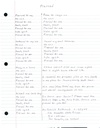
|
2018 jun 18
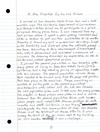
|
2018 may 22

|
2017 dec 7
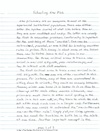
|
2017 jul 15
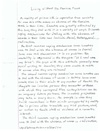
|
More... |
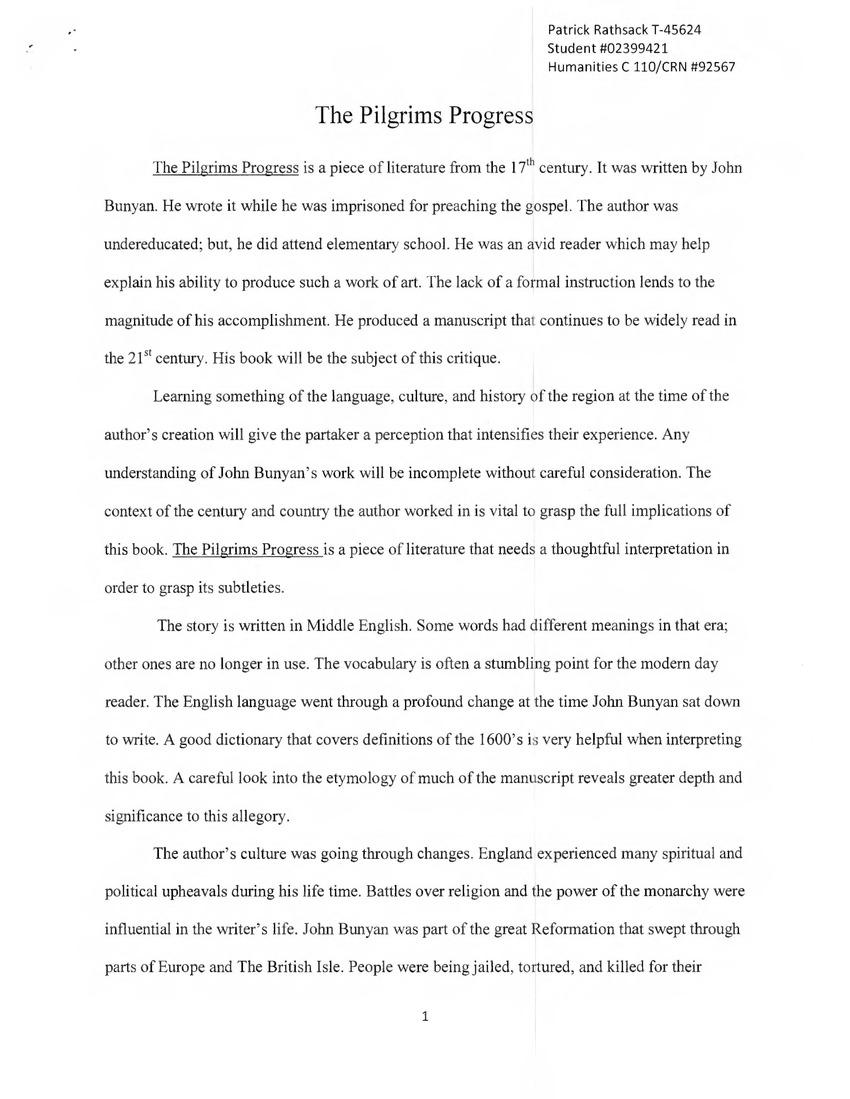
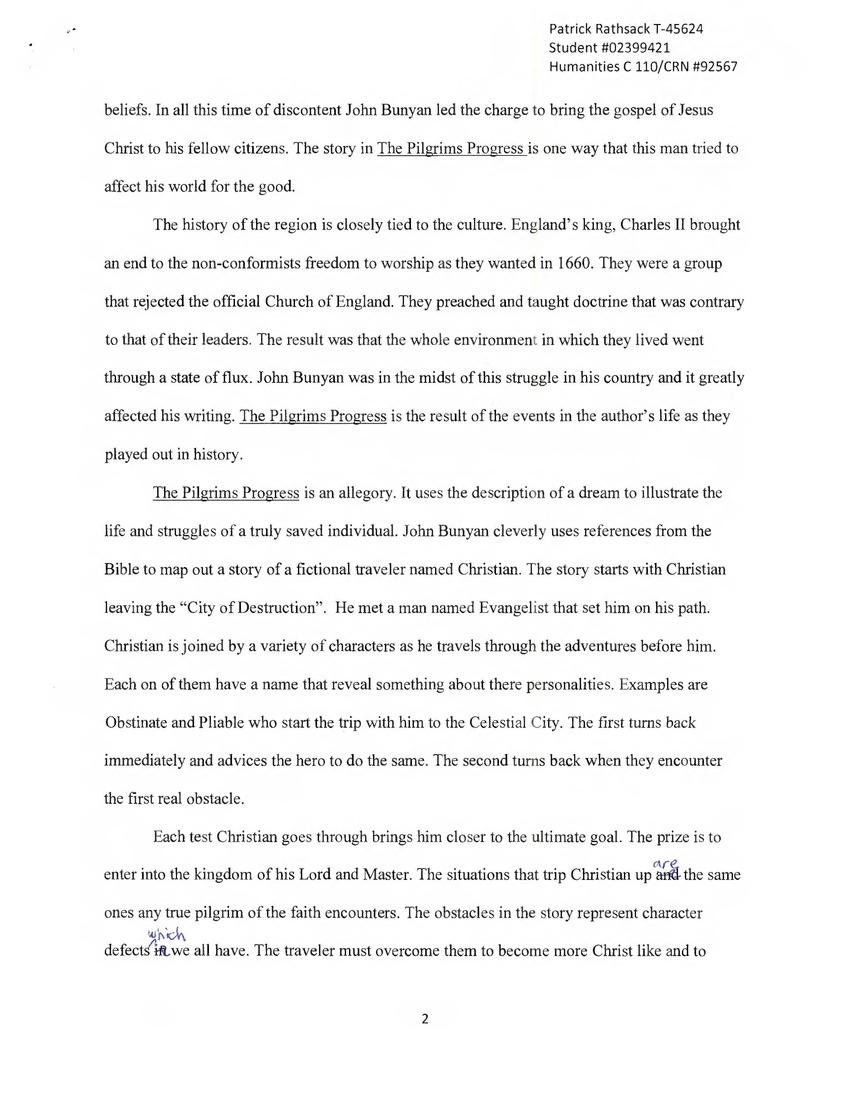
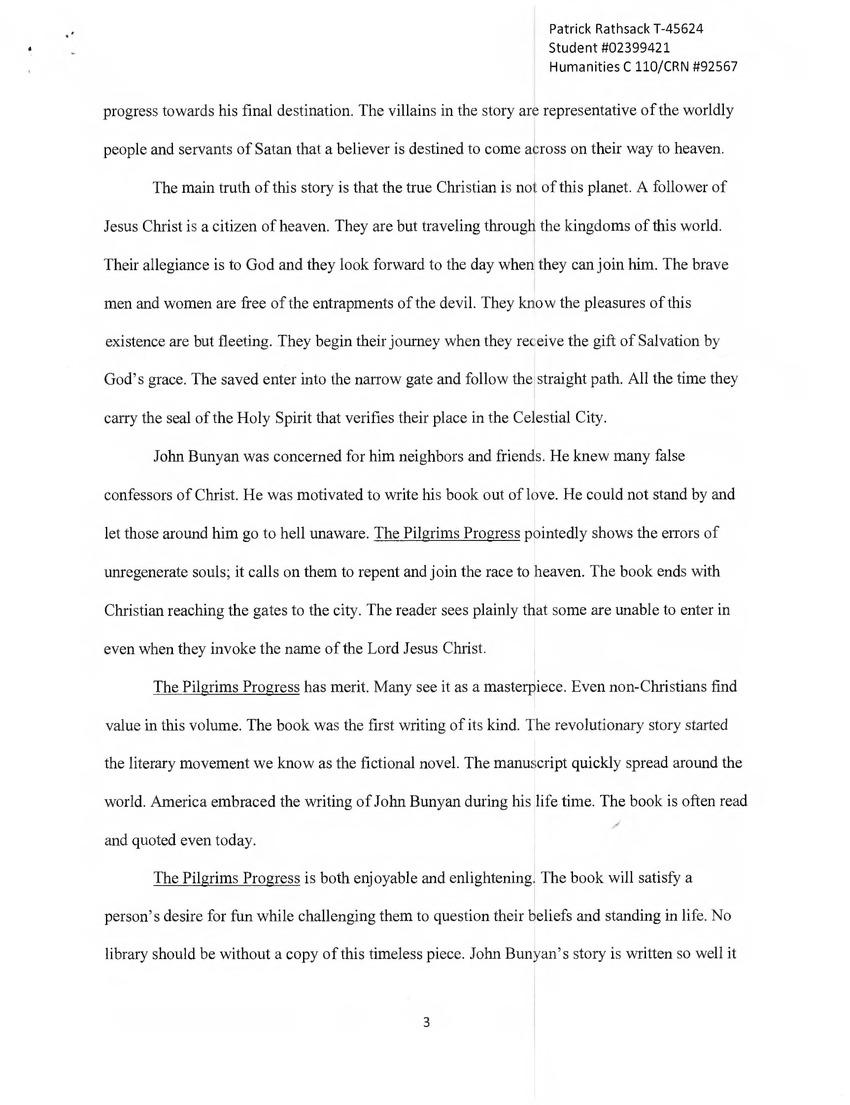


Replies